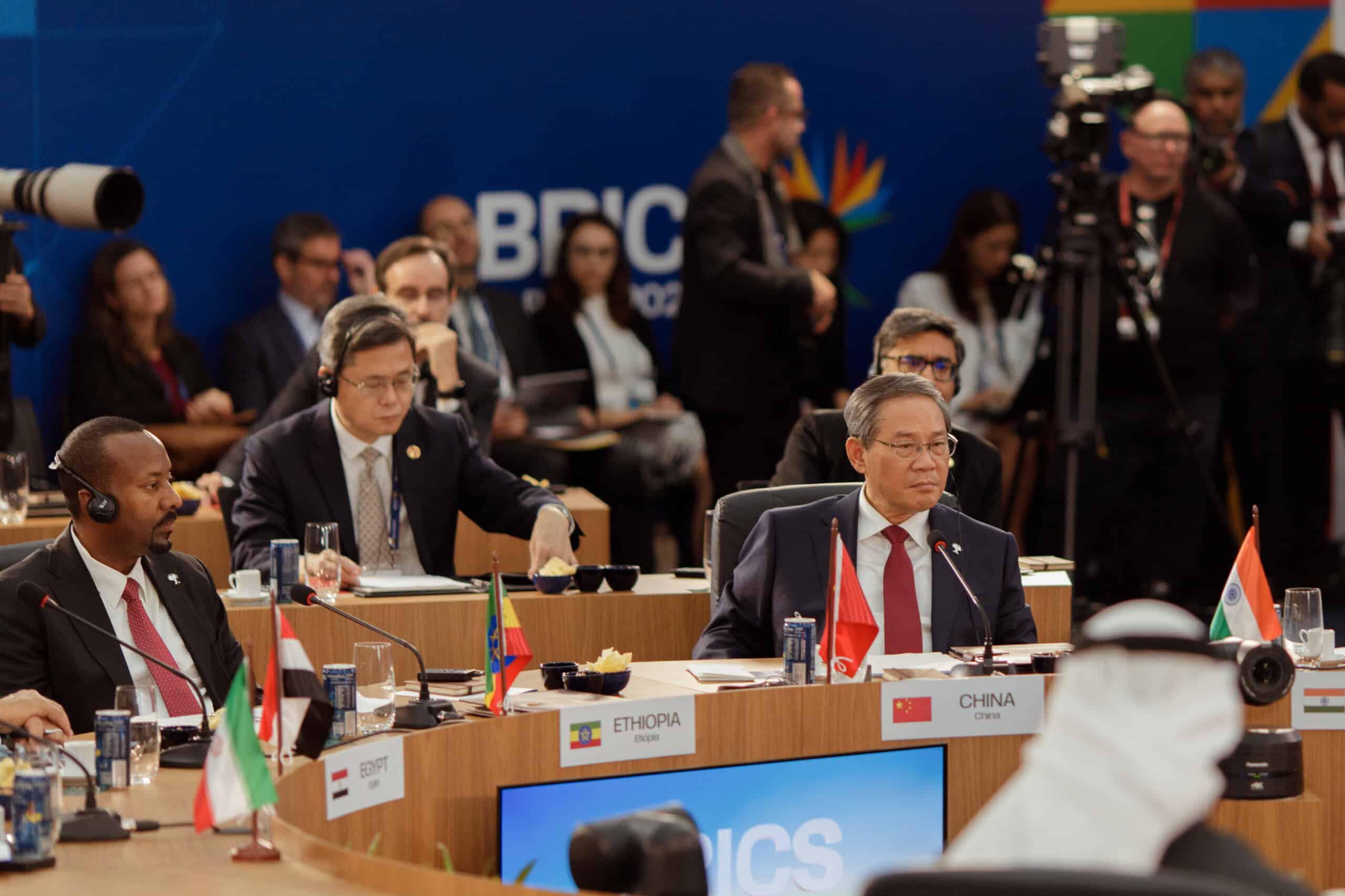The historian Frank Dikötter has been Chair Professor of Humanities at the University of Hong Kong since 2006, and is the author of the People’s Trilogy, a series of books documenting the development of communist China between 1949 and 1976. Born in the Netherlands and educated in Switzerland, he began his career at the School of Oriental and African Studies in London, where he became Professor of the Modern History of China. His most recent book, China After Mao (2022) traces the development
Navigate China's Business Landscape with Confidence.
- Gain visibility into supplier risks
- Easily manage trade compliance
- Conduct in-depth due diligence



